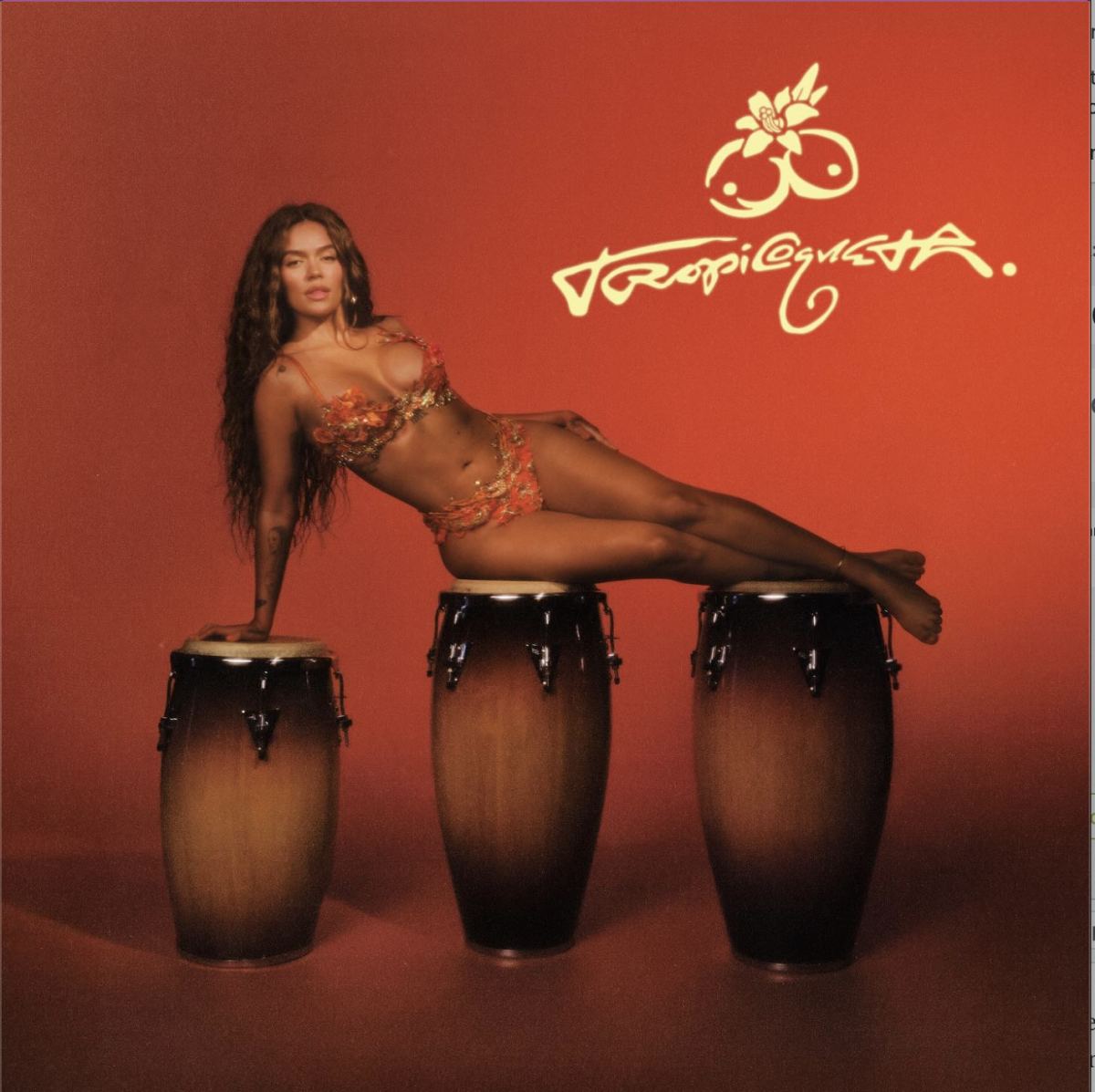This past Tuesday was International Women’s Day, marking the beginning of Women’s History Month. The Office of Social Justice, Inclusion, and Conflict Resolution invited co-managing editor of “Everyday Feminism,” Melissa Fabello, to speak at a lecture.
A lecture titled “Why Feminism, Why Now,” which first premiered at Harvard University, was brought to Rowan on the recommendation of Samantha Wagner, Graduate Coordinator for the Office of Social Justice, Inclusion, and Conflict Resolution.
Since 2013, Fabello has been speaking to groups about not only feminism, but about eating disorders, as she had overcome one in her life.
Personally identifying as a feminist, Fabello’s lecture was meant to both educate the audience and leave them with a couple laughs. Her quirky and casual demeanor made the environment welcoming, and didn’t give the typical college lecture feel.
“[Melissa] is easy to relate to,” said junior applied sociology major and president of the Rowan chapter of To Write Love On Her Arms, Sarah Poole.
The lecture, while solely about feminism, touched on oppression and privilege, because both relate to equality of the sexes in their own ways. Fabello commented on race, highlighting that a true feminist supports and fights for the equality of all women, not just women like them. One cannot call themselves a feminist, but then claim trans women “do not exist.”
“Feminism is important because oppression exists,” Fabello said. “Any movement that is working toward eliminating oppression — whether that’s racial justice movements or LGBT equality movements — is important if we want to create a more just society.”
Throughout the whole talk, she highlighted oppression many times, mainly due to the trend of people not believing the oppression of women exists. Fabello mentioned that many people have been oppressed for years, but it hasn’t been until recently that those groups have voiced how they feel.
Fabello also noted that some may have more privilege than others. Furthering her statement, she said that it is not something to feel guilty of, as it is natural. However, when you abuse your privileges, others feel oppressed.
“When you’re used to privilege, equality feels like oppression,” Fabello said.
Her lecture included a tangent about street harassment, which, according to Fabello, has always been a problem many women face. Some women have been threatened, and even killed, as a result of a man feeling entitled to a woman’s body. She pointed out that society has normalized oppression, calling this “scary.”
In feminism, there isn’t one aspect that is more important than the other. However, Fabello particularly stresses the importance of empowerment.
“[Empowerment] has the potential to make a very big difference.” said Fabello.
She says men in particular are “afraid” of feminism. Many believe that feminism gives women “too much” and that one group having the equality they deserve is a disadvantage to those who don’t benefit from feminism.
Fabello stated that since feminism comes in waves and it is “too late” for the current generation of feminists. With that in mind, it is important that feminists now look out for the younger generation so that they do not have to face these problems when they’re older.
“We’re already [screwed], let’s help the little ones,” said Fabello.
Ultimately, Fabello left audience members with the notion that if more people were educated in feminism, the stigma of the feminist will disappear. The more people who educate themselves on feminism, the easier it will become to get the equality that all people deserve.




























































































































































!["Working with [Dr. Lynch] is always a learning experience for me. She is a treasure,” said Thomas. - Staff Writer / Kacie Scibilia](https://thewhitonline.com/wp-content/uploads/2025/04/choir-1-1200x694.jpg)






































